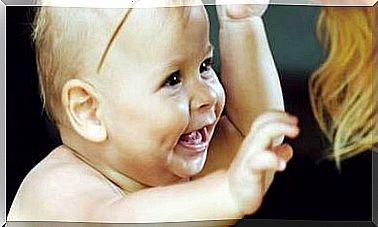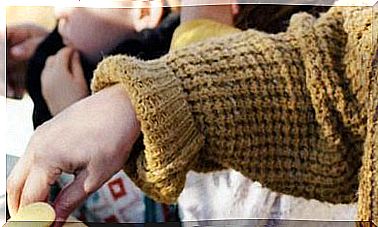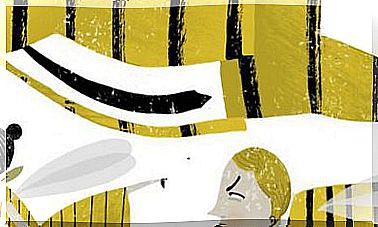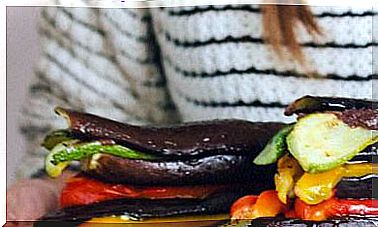Myths And Realities Of Adopting In Spain
Adopting is not the same as welcoming. This difference explains the gap between the number of families seeking adoption and the total number of adopted children.
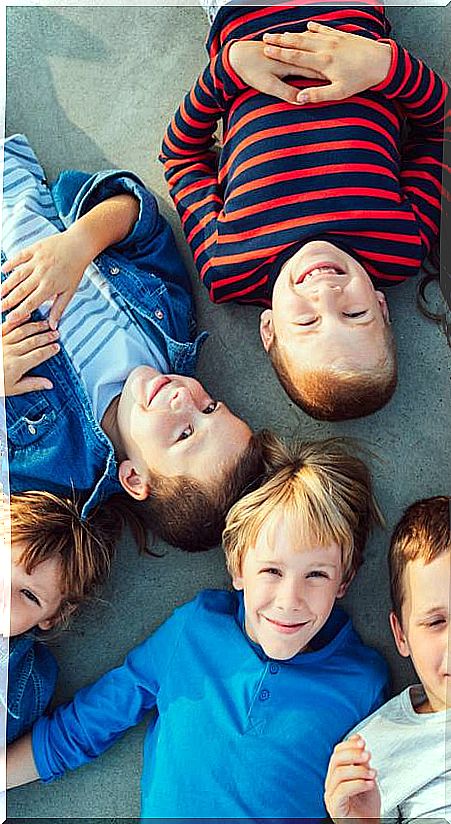
While in Spain about 30,000 children are protected by the State, more than 33,000 families have been declared suitable to adopt and are eager to achieve it. With these numbers in front … how to explain the difficulties and the years of waiting that future adopters face?
To understand why it costs so much to adopt a child in Spain, we must begin by remembering that the complexity of the adoption process essentially seeks to guarantee the protection of the minor.
The truth is that for the vast majority of people who want to adopt this situation it is difficult to understand. These days, when there is so much talk about the controversial surrogacy, many commentators wonder how with so many “abandoned” children, future parents do not adopt rather than rent a uterus. They demand that the procedures be streamlined and the entire process easier so that adults do not have to face so many obstacles on their way to become parents.
These words, which are evidently made in good faith in order to denounce a practice, surrogacy, extremely questionable from any point of view, denote a profound ignorance about what adoption really is and what its objective is.
Adopting is not a right; have a family, yeah
Adoption is a resource for the child in a situation of helplessness that guarantees the fulfillment of their right to have a family.
Adopting a child is not a resource for adults to become parents (as they cannot be parents by other means). Or, at least, this is not your main goal at all. And here we get into the delicate issue of when a baby or child is considered adoptable.
According to the lawyer and family mediator Beatriz Benítez Pérez: “ A minor can be declared adoptable for two reasons : because his family of origin renounces to exercise parental authority and consents that another family takes charge of the upbringing and the change of ownership of the child. itself, or because the public entities for the protection of minors consider that the minor is in distress, so that initially the parental authority is suspended and the minor is in charge of the guardianship ”.
And he adds: “If after time it is proven and confirmed that the minor will not be able to return to his / her family of origin, it is definitively deprived of parental authority and the minor is declared adoptable.”
Therefore, not all children in the care of the State are adoptable.
In the vast majority of cases of minors under guardianship, it is best not to permanently break ties with their biological family. Sometimes even the appropriation of guardianship by the State could be avoided with adequate support for that family that is temporarily in a situation of risk.
It must be borne in mind that what must always come first is the good of the minor, above any other consideration, and the separation from his mother and biological family is always tremendously painful for the child.
More foster families and less adoption are needed
What are needed for these non-adoptable minors are foster families. But while there is a clear excess of families willing to adopt, there is a tremendous lack of families willing to host: 18,000 minors are still interned in centers waiting to be taken in by a family.
And it is that adoption and foster care are very different. With adoption, the child legally breaks with his biological family and becomes part of the adoptive family for all intents and purposes, and this is exactly what the adoptive parents prefer.
On the contrary, the foster child continues to maintain the bond with his biological family, and in many cases the possibility of a return to the same family remains open.
Not being fully, at least legally, the mother or father of that child, in addition to the fear of having to face a separation or what regular contact with the biological family may entail, makes the vast majority of families willing to adopt be unprepared to welcome.
And while this is understandable, it is still sad. Being foster parents means giving a foster child the possibility of growing up in a family and loving environment, something that will affect his life forever.
Unlike adoption, foster care does require an altruistic and generous attitude that fortunately many families are willing to exercise. But it takes many more so that no foster child has to spend his childhood in a cold institution.
Goals of the adoption process: protect the minor
The adoption process is long and cumbersome to protect the minor.
Protect it, among other things, from the trafficking of minors and the sale of babies, and prevent poor women from becoming a source of babies for rich adults. It sounds harsh, but this has happened in Spain, and it still happens with total impunity in some countries where the legislation is less rigorous.
All the cumbersome protocol of exams and interviews with people or families who want to adopt a child or a baby is carried out in order to make sure that each child receives the most suitable family for him.
The current adoption process in Spain can be improved. And, surely, if the adoption process were speeded up and the minors were able to spend as little time as possible in foster homes or centers, or that they did not have to go through them, it would be a fact that would have a positive impact on their well-being.
Any changes must be made in order to protect the interests of the minor, not those of the adult adopters, not even the biological parents.
Accepting this reality is not easy for adoptive parents.
Many of them, blinded by their desire for fatherhood, do not understand that when a mother loves and desires her child, the best thing that can be done for him is to help his mother take charge, and not take it off to give it to an adult with a higher socioeconomic status.
The primal wound
Separating a baby from its mother has profound effects on both of you, but especially on the baby.
Today no one believes that the baby comes into this world as a blank slate where we can begin to write. This is especially true of the adopted baby, who is already carrying a heavy backpack in the form of a primal wound.
This term was introduced in the context of adoption by psychologist Nancy Verrier, and refers to the harm caused to the baby when it is separated from its mother. Sometimes this wound is aggravated by a pregnancy in which the mother has suffered great amounts of stress or has even been exposed to risk situations for her baby (such as alcohol or drug use, for example).
The first two years of life are fundamental in its development.
After the separation from his mother, and as the child grows up without an attachment figure to care for and love him, the primal wound deepens and its consequences increase. The scientific literature is not very optimistic when it comes to describing the effects of neglect, abuse and institutionalization in the first years of life, sometimes considering them as permanent effects.
Despite this, the experience of hundreds of families shows us that all is not lost, and that a conscious and loving parenting, exercised by parents prepared intellectually and emotionally to face the challenge posed by the backpack that their new child carries, can heal the deepest primal wound.
